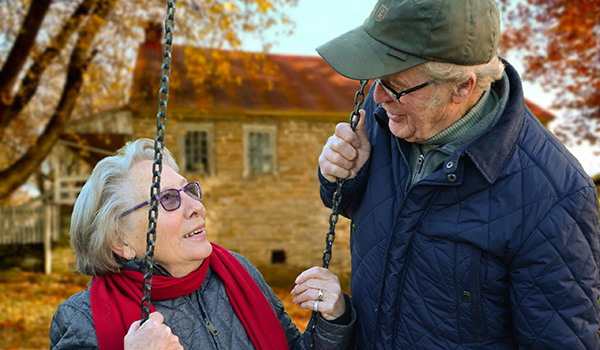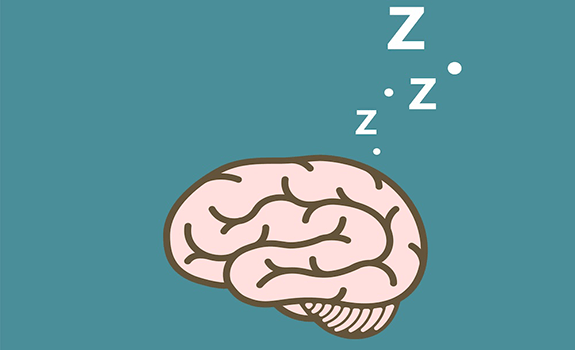News
December 19, 2024•News
Hugging: A Simple Act to Improve Cognitive Function
Recent studies suggest that a genuine, simple act like hugging can elevate a person’s mood significantly, alleviating feelings of loneliness and counteracting the harmful effects of stress. Hugging can improve negative emotions by increasing the production of feel-good hormones. In his blog, Hugging: A Simple Act to Improve Cognitive Function, Dr. Rao highlights its numerous benefits, including its positive impact on cognitive function. Read More »
December 19, 2024•From Dr. Bredesen, News
In Dr. Bredesen’s blog, 2025 May Be the Year, he describes a recent patient who ran into a tragic, and sadly all-too-common problem with healthcare. Recent events have highlighted the dire need for a less antiquated system of healthcare and public health. When it comes to healthcare costs, the US is the world leader, but when it comes to healthcare results, the US trails behind all comparable countries, from the UK to Australia to Canada to France to Germany to Switzerland to Japan, South Korea, and on and on. Yet despite these sobering statistics, recent disruptive events offer hope that change may finally be at hand. Read More »
December 18, 2024•From Julie Gregory, Insider Strategies, News
The Ultimate Wish List Featuring Tools for “Quantified Self”
In her blog, The Ultimate Wishlist Featuring Tools for Quantified Self, Julie Gregory shares the latest tech gadgets that will help you to monitor foundational aspects of the Bredesen Protocol such as 02, glucose, ketones, exercise, sleep, stress and heart health giving you the power to track improvements throughout the New Year. Read More »
November 26, 2024•Interviews, News
Dr. Bredesen Interview with Corinne Funari Host of Take Charge of Your Health Radio Show
Corinne Funari, host of Take Charge of Your Health Radio Show, interviewed Dr. Dale Bredesen, where he shared his integrated and individualized treatment approach for Alzheimer’s and dementia based on his over 30 years of research in neurodegenerative diseases. Read More »
November 21, 2024•KetoFLEX 12/3 Kitchen, News, Nutrition, Recipes
KetoFLEX 12/3 Kitchen: A Traditional Thanksgiving
This month’s KetoFLEX Kitchen 12/3 lets you know that a traditional Thanksgiving feast isn’t off the table with our healthier, low-carb holiday recipes, which include Roasted Delicata and Broccolini Salad, Herb-Roasted Turkey Breast, Thanksgiving Dressing, and Cranberry Almond Chia Seed Pudding. Read More »
November 19, 2024•Behavior Change, From Julie Gregory, News
Kick the Bucket or Make a List?
In her blog “Kick the Bucket or Make a List,” Julie Gregory, an Alzheimer’s survivor, shares her first bucket list trip in which all the stars aligned to make it a magical experience. With Thanksgiving soon approaching, she shares her gratitude to Dr. Bredesen and to the entire Apollo Health community for forging a path forward where once there was none — allowing her (and many others) to keep adding to their bucket lists. Read More »
November 19, 2024•From Dr. Bredesen, News
How the LA Times Got it Backwards
The blog, How the LA Times Got It Backwards, explains why the recent op-ed encouraging all of us to avoid testing for Alzheimer’s (!) is misinformed, misguided, and could lead to dementia in many people needlessly. Early testing for chronic diseases such as diabetes, hypertension, cardiovascular disease, cervical cancer, and colorectal cancer has been our most potent weapon against these common and high-mortality diseases. As he points out, there are two new advances that, if we all availed ourselves of these, could make Alzheimer’s dementia a very rare condition. Read More »
November 19, 2024•Core Components, From Ram Rao, Insider Strategies, News
Restless Nights: Sleep’s Role in Dementia
Sleep is not just an inconvenient pause between the significant parts of our waking lives; it is as crucial for brain health as proper nutrition and regular exercise. In his blog, Dr Rao points out that insufficient sleep can potentially lead to an increased risk of early dementia and higher mortality. However, there is a silver lining: consistently getting six to eight hours of sleep each night can help lower the risk of developing dementia. Read More »









